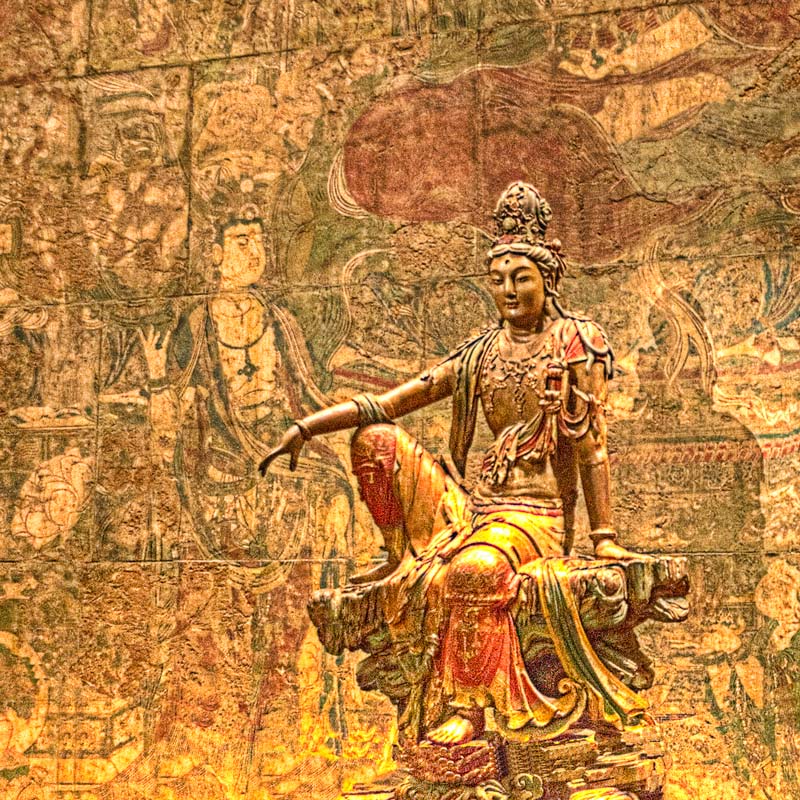82 Meditation on two bodhicittas and Pledges of the Seven Point Mind Training
Description
Tonight we return to the meditation on the two bodhicittas. Before the silent meditation, Alan give a short preamble on the importance of motivation for one's practice. Once one engages in any virtuous practice such as meditation, charity work or any other type of work for others, one accumulates merit. But how this merit will manifest will depend on the motivation that lead to the practice. If the motivation is mundane, one can possibly enjoy a prosperous next lifetime, but this merit would be then used in that lifetime as well and will not continue from lifetime to lifetime. On the other hand, if one is propelled by genuine bodhicitta, such motivation and merits accumulated by it will continue from lifetime to lifetime, eventually leading to perfect fruition. The key to remember here is that merit (like karma) can be accumulated but it can also be lost or burned. Hence, one should always check on his/her motivation. Ask yourself a question: what is it that you really want? And as motivation can change or weaken over time, one should make sure to keep checking this motivation and its sincerity. Alan concludes by saying that investing in the motivation of genuine bodhicitta is like investing in a secure, long-term, inexhaustible investment. After the meditation, we go back to the Seven Point Mind Training and the last six pledges, which are tools to protect one's Dharma practice. At the end, Alan answers one participant's question on how to handle abusive people. Shall we be doormats or how do we respond if someone is abusing us. Alan explains how settling the mind in its natural state can be helpful in such situations to distinguish between wholesome and unwholesome impulses arising in oneself and how to skilfully chose the most appropriate response. Technical note: the older computer here snagged, and 2-3 minutes of the lecture were unfortunately lost. Apologies. Meditation starts at: 24:33 (silent, not recorded)
More Episodes
Follwing the silent meditation, Alan gets to a few remaining questions, including one about his experience with Shambala and Kalachakra. A fascinating discussion and series of stories follows. Meditation starts at: 0:05
Published 10/26/13
Published 10/26/13
Before the silent meditation, Alan mentions a few points about Bodichitta. After the silent meditation, we go back to the last few aphorisms of the Lo-Jong. We finish the Seven Point Mind Training with a quote from Dilgo Khyentse Rinpoche... and then go back to the very first aphorism of the...
Published 10/25/13


